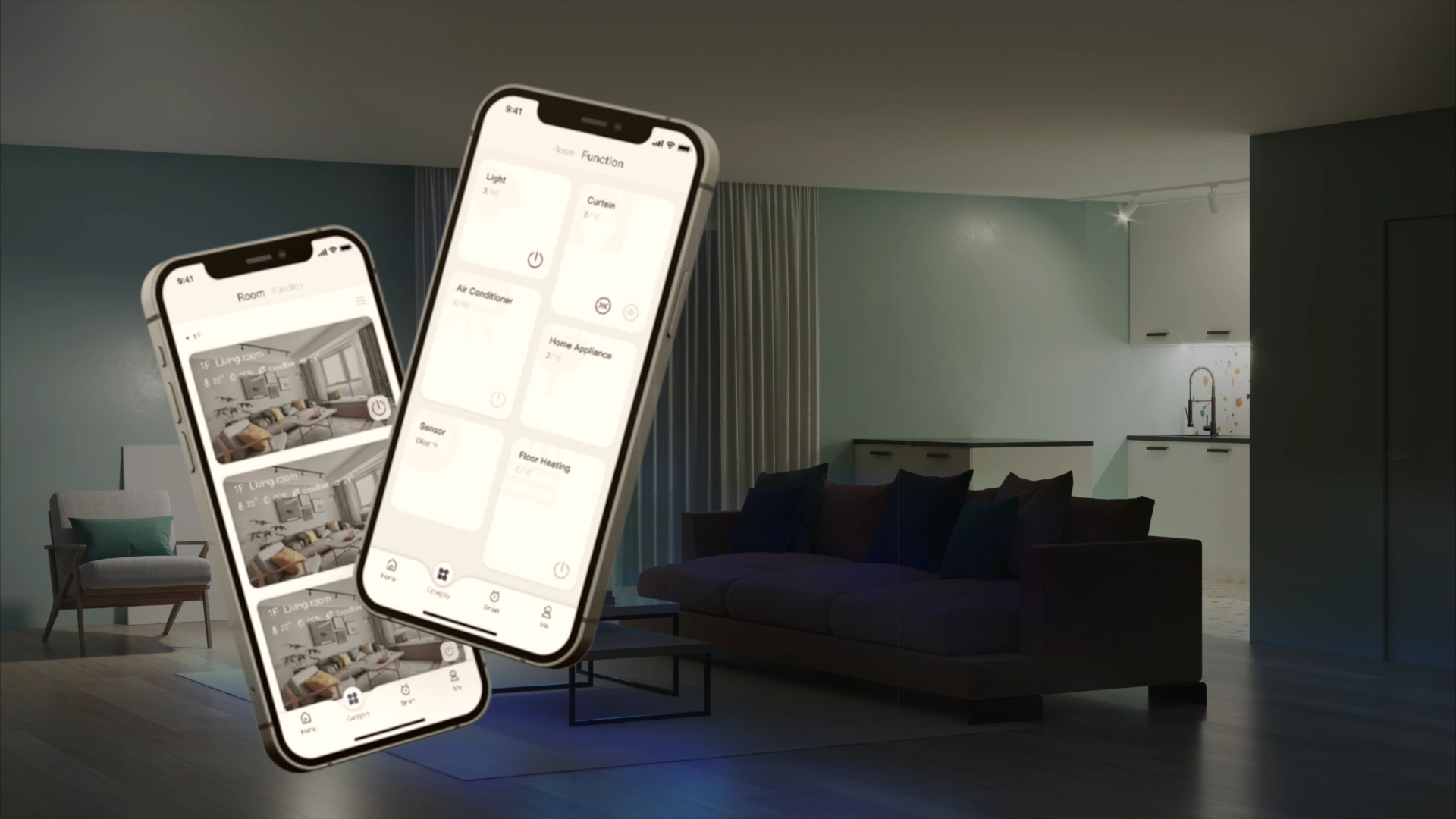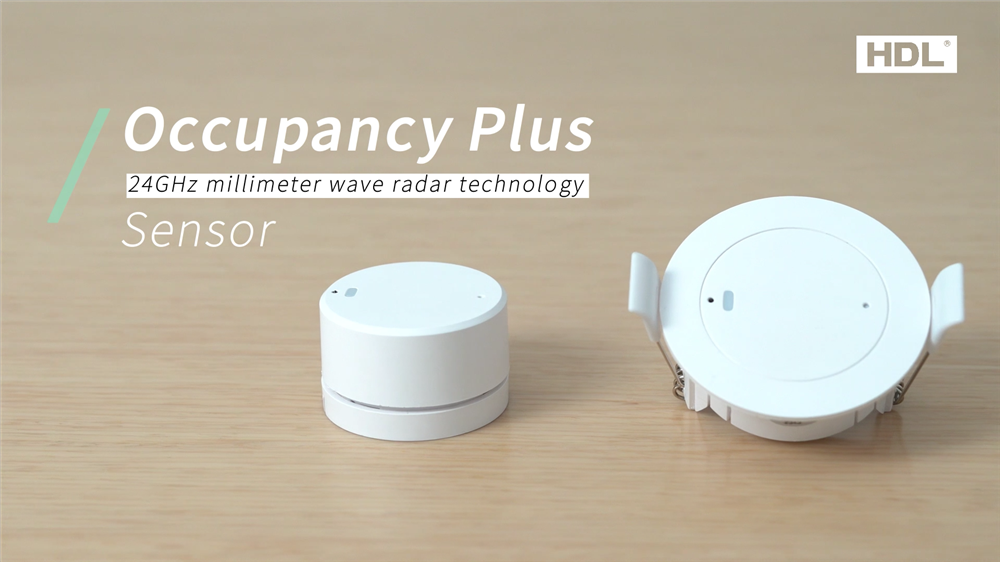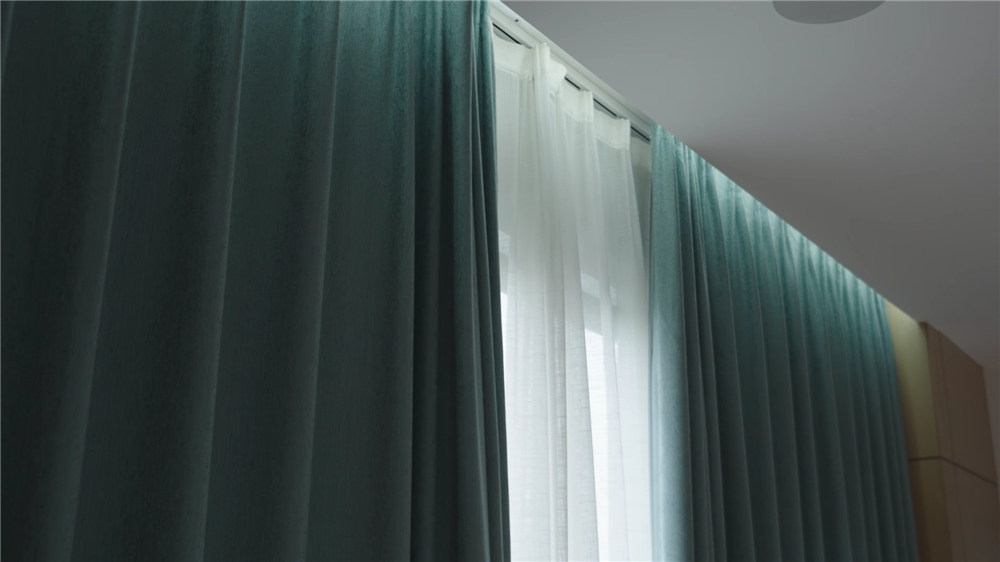please fill out the form. We're ready to receive your message.

The release date:2024/9/5 0:00:00
Home automation has innovatively changed the way we live in and engage with living spaces in terms of comfort, security, and energy efficiency. As technology improves, the ability to remotely or automatically control several facets of one's home brings ease to everyday living. This post will look at the top uses of home automation, touching on how these systems dial up the charm in everyday living.

Intercom control systems allow easy and efficient communication within the residential premises. In most cases, such systems consist of a network of multiple installed intercom units located in different rooms, often connecting through a central network. Wired or wireless units are implemented in either configuration. A user simply clicks a button or initiates another unit through voice to make communication. Most modern intercom systems are integrated with electronic devices like smartphones or tablets, which enable one to use them from outside the home. Some of the more advanced systems also provide the opportunity for video feeds to be linked so you can see the person at the door or in the room from other locations.
Wired Intercom Systems: These systems connect intercom units with wires, providing a reliable link. They offer better sound quality and reliability because they don't depend on wireless signals, which is suitable for large homes or buildings.
Wireless intercom systems: These systems use radio or Wi-Fi to connect units without wiring. They are easy to install and reposition, ideal for existing homes.
Video intercoms: These systems let you see who is at the door or in another room. It makes your home more secure and convenient, as you can see who is at the door and talk to them.
Convenient Communication: Whether it is calling someone for dinner or checking on children in another room, intercom systems do the job, saving one from yelling and running around the house unnecessarily.
Increased Security: Most of the intercom systems come with access control features. These access control features can enable conversations directly between residents and visitors. There is no need to open the door, hence providing relief to the homeowner who can evaluate whoever is standing on their doorstep before allowing their entry.
User Experience Improved: Some include additional options like music streaming or announcements, increasing the user experience.
Communication in Large Homes: An intercom system in large houses makes it easy and efficient to communicate among family members in different rooms and does not require one to move across the house just for a simple check-in or discussion.
Indoor and Outdoor Communication: Intercoms can facilitate seamless communication between indoor and outdoor spaces. For instance, residents can use the intercom system to communicate in real-time with delivery personnel, allowing them to provide remote instructions on where to place packages, even when they are not at home.
Elderly Assistance: Strategically located intercom units have the capacity to let seniors or those with walking problems easily call for assistance from any location within the home, promoting safety and giving peace of mind to caregivers.
These control systems work by watching over a home through various devices. Normally, these will include cameras, alarms, and motion sensors, all of which alert to motion or any other kind of suspicious activity. If one of these security devices is tripped, it sends an alert to a homeowner's smartphone or a monitoring service. All this gives real-time information that allows direct action to be taken, whether it's checking a video feed or calling in the authorities.

CCTV Cameras: Used for monitoring and recording activity around the home, providing visual evidence if needed.
Motion Sensors: Devices that would detect movements in a certain area, leading to an alarm or warning.
Smart Doorbells: Through a smartphone app, they allow the owner to see and talk with whomever is at the door for visitor management.
Alarm Systems: They alert the homeowners and local authorities in case of break-ins or other emergencies.
Smart Locks: Enable keyless entry and remote access to doors, allowing users to lock or unlock doors from anywhere.
Increased Safety: The enhanced monitoring capability deters any possible intruders, thereby providing a sense of peace to residents.
Remote Monitoring: With the help of a smartphone or computer, the house owner can have a view from everywhere about their property, ensuring constant awareness.
Quick Response: Through alerts, prompt actions can be taken in the event of emergencies, offering a good chance of preventing losses or damages.
Comprehensive Coverage: Integrating multiple devices provides a holistic approach to home security, addressing various vulnerabilities.
Vacation Monitoring: Homeowners can keep an eye on their property while away, using cameras and alerts to ensure everything is secure.
Package Delivery: Smart doorbells allow residents to monitor package deliveries and interact with delivery personnel without opening the door.
Child Supervision: Parents can use cameras and motion detectors to watch over children playing outside, ensuring their safety.
Emergency Preparedness: Alarm systems provide immediate notifications during break-ins or fires, allowing for quick evacuation and response.
Basically, access control systems control the entry points within a home using various technologies that replace traditional keys. They are designed to limit access to a premise based on user authentication criteria, which include keypads, cards, or biometric data. In this case, when someone tries to enter, his or her credentials are checked against the system's database, and it makes the decision to grant or reject entry. This ensures that only those authorized can enter the home.
Electronic Door Locks: These locks use keypads or touchscreens where users enter a code to gain entry.
Smart Locks: Allow homeowners to unlock doors via smartphone apps, eliminating the need for physical keys.
Access Cards: Similar to hotel room keys, these cards can be swiped or tapped at the door for entry.
Biometric Systems: Use fingerprint or facial recognition technology for secure entry, ensuring that only registered users can access the home.
Remote Entry Systems: Enable homeowners to grant access from a distance, which is useful for allowing guests or service personnel without being physically present.
Enhanced Security: Automated systems reduce potential unauthorized entry since the physical keys to such places are easy to misplace or reproduce.
Convenience: With remote access, homeowners can lock or unlock doors anywhere and at any time using a smartphone.
Flexible Permissions: Temporary access codes may be issued for visitors or service workers and grant controlled entry without the compromise of security.
Audit Trails: Most of these systems maintain records of visitors to the home and the time of visit, thus assisting in keeping a record of visitors that increases accountability.
Home Services: Grant temporary access to cleaners or maintenance personnel by providing time-limited codes, ensuring security while allowing necessary work to be done.
Guest Management: Families can provide friends or relatives with access codes for short visits without needing to hand over keys.
Vacation Homes: Owners can remotely manage entry for guests staying at vacation properties, enhancing convenience and security during rentals.
Lighting control systems work on the principle of allowing the owner of the home to be able to turn lights on and off with gadgets like smartphones, tablets, or voice-activated assistants. These are then interlinked within the home electrical network and can be easily set up regarding brightness, color, and time. Therefore, users are able to create a host of scenes for different situations to set up the ambiance of their homes.
Smart Bulbs: These can be remotely controlled through a smartphone application. This feature makes it quite easy for the users to change colors and brightness.
Dimmer Switches: Automated dimmers allow homeowners to adjust light levels throughout the day, ensuring optimal brightness for different activities.
Lighting Control Panels: This is the centralized panel that allows you to control various lights in a house or building from a single location.
Motion Sensors: These are devices which automatically turn on or off lights on sensing any kind of movement, providing much convenience and security.
Schedule-Based Systems: Light can be programmed to turn on/off at times so that a routine could be maintained for daily use.
Enhanced Ambiance: Dimmable light options will help homeowners get the perfect setting for every single moment, be it a party or a simple relaxation.
Energy Efficiency: The automated controls reduce electricity usage by lighting only when needed, hence reducing the cost of utility bills.
Better Security: If you aren't around the house, timed lighting will create an occupied appearance, scaring off unwanted visitors or offering an extra level of safety.
Evening Gatherings: It helps provide a warm and cordial atmosphere while hosting dinner parties or family gatherings by dimming the light.
Home Theater Setup: The dimming of lights during movie nights makes it much more immersive to view, which will be more enjoyable.
Vacation Mode: Programming lights to turn on and off at intervals while away gives the appearance of someone being home, increasing security.
These systems operate on smart technology, adjusting a house's temperature and humidity. Many of these are programmed based on personal preference, schedule, or season using smart thermostats. Many smart thermostats learn the habits of homeowners and self-adjust to provide comfort throughout the day and night.
Smart Thermostats: These devices allow you to control and monitor temperature remotely by using smartphone applications, and adjust to the most comfortable level without wasting energy.
HVAC Systems: Heating, ventilation, and cooling systems, could be connected with smart controls to adjust temperature automatically with real-time data.
Zoned Heating and Cooling: This system zoned into different areas of the home. The temperature in each of these zones can be set individually based on the preference.
Improved Energy Efficiency: The automation of settings keeps the energy consumption low since heating or cooling will only be used when needed, which means reduced utility bills.
Enhanced Comfort: Households can create the ideal conditions in various rooms, thus tending to different preferences of family members through temperature setting personalization.
Data Insights: Most smart systems provide usage statistics, thereby helping the residents understand their pattern of energy use for making informed decisions about efficiency.
Seasonal Adjustments: During severely cold or hot weather, the temperatures are automatically set to keep the home comfortable year-round, without manual interventions.
Home Office Comfort: Maintaining an optimal working environment is crucial for productivity; personalized settings can create a comfortable space for remote work.
Sleep Optimization: Different temperature settings in bedrooms help facilitate better sleep by keeping spaces cooler at night and warmer in the morning, improving restfulness and comfort.
The curtain control systems are operated by motors and smart technology that makes opening and closing of curtains or blinds automatic. Such systems can be either smartphone app-controlled or by remote, whereby one can drive up their window treatments from any place. Moreover, most automated systems come with scheduling capabilities so that the curtains open or close at certain times, or at different exposures to sunlight.
Motorized Curtains: Electric motor-controlled curtains, opening and closing with a simple remote control or sometimes even smartphone apps.
Smart Blinds: Just like the motorized curtains, smart blinds have the ability to tilt or raise/lower automatically due to user settings or environmental conditions.

Enhanced Privacy: Scheduling curtains to close during certain times of the day helps maintain privacy and prevents outsiders from peering inside.
Energy Efficiency: By controlling natural light, automated curtains can help regulate indoor temperatures, reducing the need for heating or cooling and lowering energy costs.
Convenience: The ability to operate curtains remotely simplifies daily routines, especially for hard-to-reach windows or large spaces.
Morning Routines: Automating curtains to open gradually at sunrise enhances the waking experience, allowing natural light to enter softly.
Energy Management: Closing curtains during peak sun times, particularly at the very hot summer time of the year, allows rooms to remain cool and reduces the cost of air conditioning while providing comfort.
Accessibility: For homes with tall windows or those that are difficult to reach, automated curtain systems ensure every window can be easily managed without physical effort.
Home automation eases life in a thousand ways. Starting from intercom systems making communications easier, to advanced security controls that make one feel secure inside the home. With advanced technology, so are the possibilities of automation in your home. Understanding the different uses for home automation can help you create a home that caters to your lifestyle by being comfortable, secure, and convenient.



